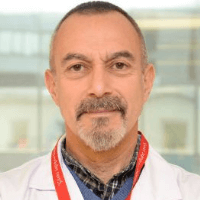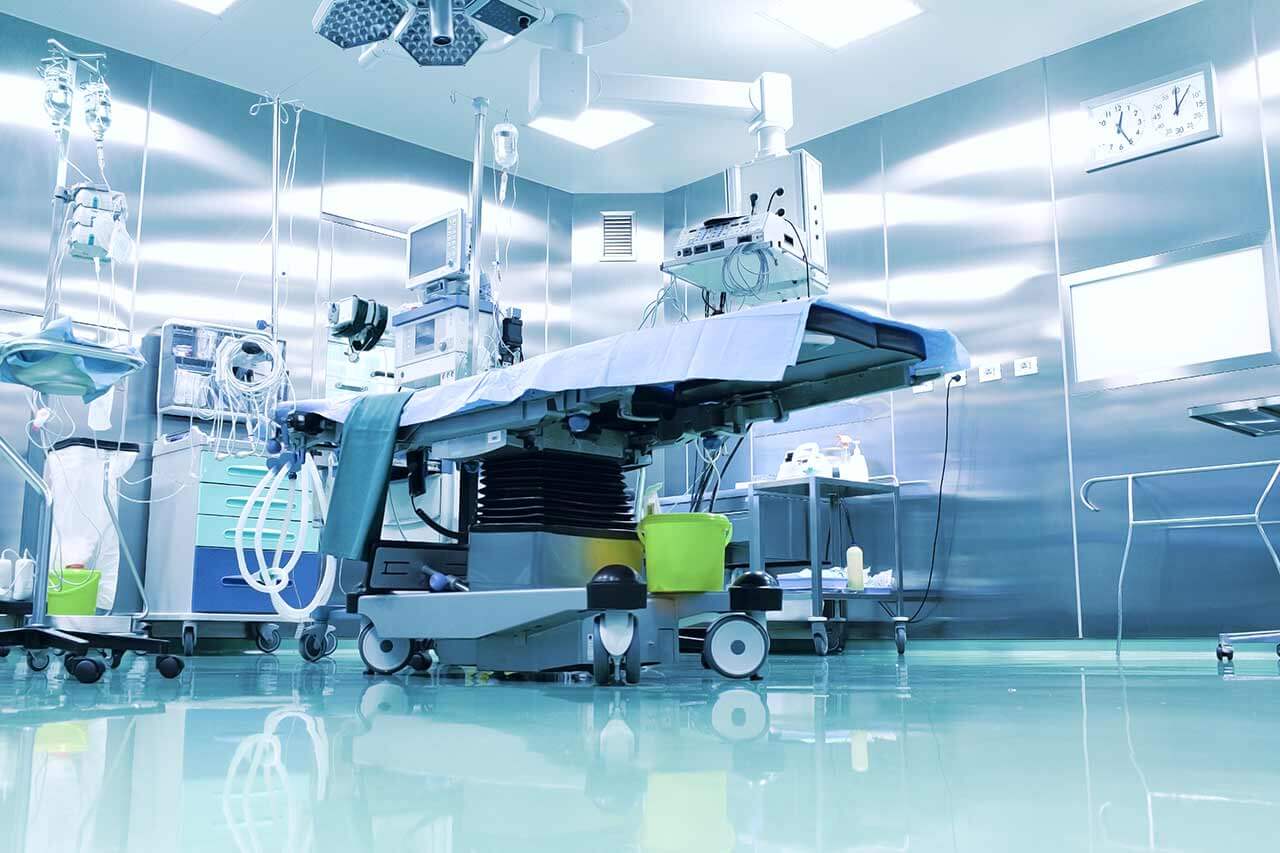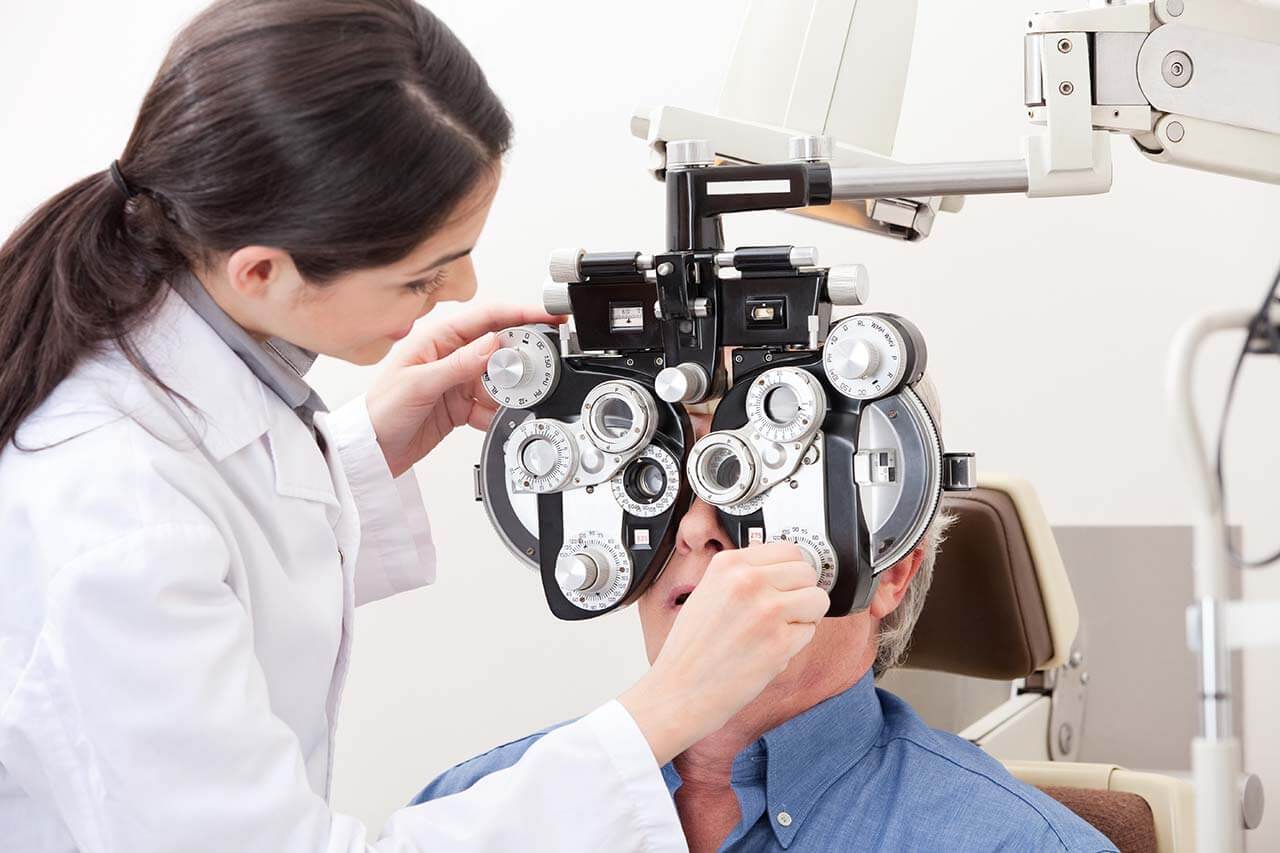
The program includes:
- Initial presentation in the clinic
- clinical history taking
- review of medical records
- physical examination
- laboratory tests:
- complete blood count
- general urine analysis
- biochemical analysis of blood
- inflammation markers (CRP, ESR)
- blood coagulation analysis (aPTT, PT, INR)
- hormone test (estradiol, progesterone, prolactin, DHEA-s, FSH, LH)
- gynecological examination.
- ultrasound examination: pelvis, abdomen, thyroid gland, breasts
- nursing services
- consultation of related specialists
- treatment by chief physician and all leading experts
- explanation of individual treatment plan
Required documents
- Medical records
Service
You may also book:
 BookingHealth Price from:
BookingHealth Price from:
About the department
The Department of Endocrinology, Diabetology and Metabolic Disorders at the Memorial Sisli Hospital Istanbul offers the full range of diagnostic and therapeutic services in the areas of its specialization in accordance with the highest standards of modern medicine. An experienced team of the department's doctors admits patients with diseases of the thyroid and parathyroid glands, adrenal glands, pituitary glands, as well as sex glands in men and women (testicles and ovaries). The specialists of the medical facility provide the highly effective treatment of type 1 and type 2 diabetes mellitus, including gestational diabetes mellitus, as well as metabolic disorders. The department has high-tech diagnostic equipment to detect the slightest dysfunction of the endocrine glands, including before the manifestation of any clinical symptoms. The treatment regimen is developed for each patient individually, according to the current clinical protocols and recommendations of professional societies. The department is headed by Prof. Dr. med. Taner Damcı.
To develop the optimal treatment tactics, the doctor needs to have detailed information about the condition of the endocrine system. For this purpose, the department conducts various diagnostic tests, including laboratory tests to determine hormone levels, blood glucose levels, etc., ultrasound examinations, scintigraphy (in cooperation with the Department of Nuclear Medicine), CT, MRI scans, densitometry and others. In most cases, the first line therapy is drug treatment – the department's endocrinologists skillfully combine modern drugs in order to achieve compensation for endocrine pathologies. In some clinical cases, the therapy is aimed at achieving long-term remission.
One of the most common pathologies among the department's patients is thyroid cancer. The treatment regimen is developed for each patient individually, taking into account the specific clinical indications, stage of cancer, the presence of concomitant diseases and other factors. The department uses an effective non-invasive treatment method for thyroid cancer – radioiodine therapy. The treatment is provided in close collaboration with specialists from the Department of Nuclear Medicine. During the treatment, the patient takes radioactive iodine in the form of capsules or solution. Due to the tropism for thyroid tissue, the drug is actively absorbed by the thyroid gland. Radiation during the decay of radioactive iodine affects the thyroid tissue and contributes to the suppression of its function, reduction in size and suppression of the activity of thyroid cancer metastases. The amount of radioactive iodine required for the therapy is determined using an outpatient radioiodine test, individually for each patient. In most cases, radioactive iodine treatment is used in combination with surgery. The surgical resection of thyroid tumors is performed in the Department of General Surgery. A total removal of the gland (thyroidectomy) is performed only in particularly complex cases when other treatment methods are ineffective.
Another department's priority focus is the diagnostics, treatment and monitoring of patients with diabetes mellitus. Diabetes mellitus is an incurable pathology, which in the absence of therapeutic measures can lead to serious complications or even death. The main method of controlling this disease is therapy with tableted antidiabetic medications or insulin therapy. Insulin replacement therapy is carried out with regular injections or using an insulin pump. The dose of insulin and the frequency of its administration are determined by the type of diabetes mellitus, the features of the course of the pathology and the presence of complications, the patient's age and other factors. Diet therapy, quitting bad habits (alcohol consumption, smoking) and physical activity are also integral parts of diabetes treatment.
The department's main clinical focuses include:
- Diagnostics and treatment of thyroid diseases
- Thyroid cancer
- Goitre
- Hyperthyroidism (overactive thyroid)
- Hypothyroidism (underactive thyroid)
- Thyroid nodules
- Thyroiditis (inflammatory thyroid disease)
- Hashimoto's thyroiditis
- Diagnostics and treatment of parathyroid diseases
- Hyperparathyroidism
- Hypoparathyroidism
- Diagnostics and treatment of adrenal diseases
- Cushing's syndrome
- Addison's disease
- Hyperaldosteronism
- Pheochromocytoma
- Diagnostics and treatment of pituitary diseases
- Hypopituitarism
- Prolactinoma
- Diabetes insipidus
- Diagnostics and treatment of diseases of the sex glands (ovaries) in women
- Hypogonadism
- Hirsutism
- Polycystic ovary syndrome
- Diagnostics and treatment of diseases of the sex glands (testicles) in men
- Hypogonadism
- Gynecomastia
- Erectile dysfunction and impotence due to the testosterone deficiency
- Diagnostics and treatment of diabetes mellitus, its complications and other metabolic disorders
- Type 1 diabetes mellitus
- Type 2 diabetes mellitus
- Gestational diabetes mellitus
- Diabetes insipidus
- Hypoglycemia of unknown origin
- Insulin resistance syndrome
- Weight gain due to hormonal disorders
- Osteoporosis
- Impaired vitamin and mineral metabolism
- High blood triglyceride levels
- Neuroendocrine tumors
- Diagnostics and treatment of other endocrine diseases
Curriculum vitae
Professional Career
- Since 2004 Head of the Department of Endocrinology, Diabetology and Metabolic Disorders at the Memorial Sisli Hospital Istanbul, Istanbul, Turkey.
- Since 1993 Instructor at the Faculty of Medicine of the Istanbul University, Istanbul, Turkey.
Higher Education and Postgraduate Training
- 1993 - 2005 Specialized Training at the Faculty of Endocrinology, Faculty of Medicine, Istanbul University, Istanbul, Turkey.
- 1988 - 1993 Specialized Training in Internal Medicine, Faculty of Medicine of the Istanbul University, Istanbul, Turkey.
- 1982 - 1988 Study of Human Medicine, Faculty of Medicine of the Istanbul University, Istanbul, Turkey.
Awards and Honors
- 1988 First Award in the Contest of Clinics in Turkey.
- 1995 Young Researcher Scholarship of the International Diabetes Federation (IDF).
Memberships in Professional Societies
- Turkish Diabetes Association.
- Turkish Diabetes Research Association (Board Member).
- Turkish Society of Hypertension and Atherosclerosis (Board Member).
- American Diabetes Association.
- European Foundation for the Study of Diabetes (EFSD).
- Mediterranean Group for the Study of Diabetes (MGSD).
Photo of the doctor: (c) Memorial Şişli Hospital
About hospital
The Memorial Sisli Hospital Istanbul is the largest and leading medical complex in Turkey, which meets the highest standards of medical care when providing the advanced diagnostics and treatment using the very latest methods. The hospital is part of the Memorial Health Group – it was the first project of this provider of medical services. The medical center opened its doors to the first patient in 2000. The hospital became the first in Turkey and the twenty-first in the world holder of the JCI (Joint Commission International) accreditation certificate. Only the best and the most reputable hospitals in the world medical arena can receive this certificate.
The hospital has 292 beds for patient hospitalization. The surgical treatment is performed in 13 high-tech operating rooms. The medical complex also has 4 intensive care units, 3 state-of-the-art laboratories, specialized centers, including the In Vitro Fertilization Center, the Transplant Center, the Center for Genetic Diseases, the Bone Marrow Transplant Center, the Robotic Surgery Center, the Cancer Center and others.
The hospital has achieved particular success and international recognition in such medical fields as ophthalmology, reproductive medicine, plastic surgery, cardiology and cardiac surgery, transplantology, genetics. The highly qualified doctors who have undergone professional training in the best hospitals in Turkey, Europe and the USA take care of the patients' health. The specialists have a tremendous clinical experience and thousands of saved lives.
It is worth noting that the medical complex has earned a strong reputation not only in Turkey, but also at the international level – the hospital holds consultations, provides diagnostics and treatment for patients from 92 countries.
Image: (c) depositphotos
Accommodation in hospital
Patients rooms
The patients of the Memorial Sisli Hospital Istanbul live in comfortable single or double rooms with all the necessary amenities. The patient rooms are made in a modern design. The standard patient room includes an automatically adjustable bed, a bedside table, a wardrobe for storing personal belongings, a telephone and a TV. Each patient room also has an ensuite bathroom with shower and toilet. The patient rooms have Wi-Fi.
Meals and Menus
The patient and the accompanying person are offered tasty and balanced three meals a day. If for some reason you do not eat all foods, you will be offered an individual menu. Please inform the medical staff about your food preferences prior to treatment.
Further details
Standard rooms include:
Accompanying person
During the inpatient program, the accompanying person can live with the patient in a patient room or a hotel of his choice. Our managers will help you choose the most suitable option.
Hotel
During an outpatient program, the patient can stay at the hotel of his choice. If desired, the patient can stay in a five-star hotel on the territory of the hospital. Our managers will help you choose the most suitable option.




